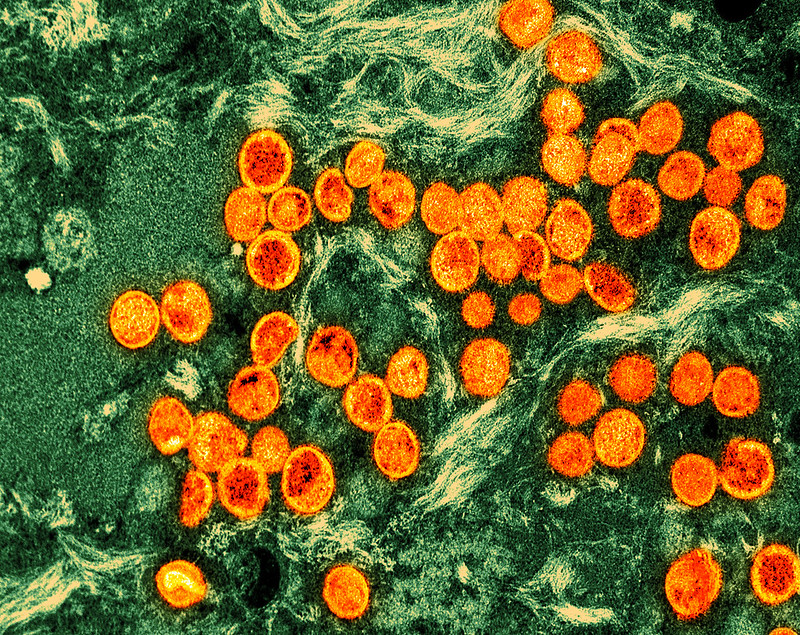Analysis of surveillance data from 17 European countries found an increase in Escherichia coli isolates carrying carbapenem-resistance genes, researchers reported yesterday in Eurosurveillance.
The analysis focused on E coli sequence type (ST)131, a high-risk lineage that has emerged as a frequent source of severe, multidrug-resistant E coli infections worldwide, primarily urinary tract infections (UTIs). E coli ST131 has been associated with the worldwide spread of the extended-spectrum beta-lactamase gene blaCTX-M-15, which confers resistance to multiple classes of antibiotics. Carbapenems are a primary option for treating infections caused by E coli ST131.
Among the 594 clinical isolates submitted by national reference laboratories in 17 European Union/European Economic Area countries, molecular analysis detected 18 different carbapenemase genes, primarily blaOXA-244 (230) and blaOXA-48 (224), which together accounted for 76% of isolates. The isolates carrying blaOXA-48 were detected in 14 countries, and those carrying blaOXA-244 in 12.
While isolates carrying blaOXA-48 appeared earlier than those carrying blaOXA-244 (2012 vs 2017), their frequency of detection increased only moderately over time. In contrast, detection of isolates carrying blaOXA-244 increased sharply from 2021 to 2023. Isolates carrying blaOXA-244 formed multi-country clusters, while clusters of blaOXA-48-carrying isolates were predominantly detected within one country (eg, France or Ireland).
Concerns about wider spread
The study authors said the age, sex, sample type, and travel history distribution of E coli isolates carrying blaOXA-244 suggest a potential association with community-acquired urinary tract infections.
"The increasing detection of carbapenemase genes in E. coli ST131 documented in this study is of concern because E. coli can cause a variety of infections in healthcare and community settings, frequently urinary tract infections, but also including bloodstream infection," they wrote. "Further spread of E. coli carrying carbapenemase genes would mean that carbapenems could no longer be consistently effective for empiric treatment of severe E. coli infections."

















